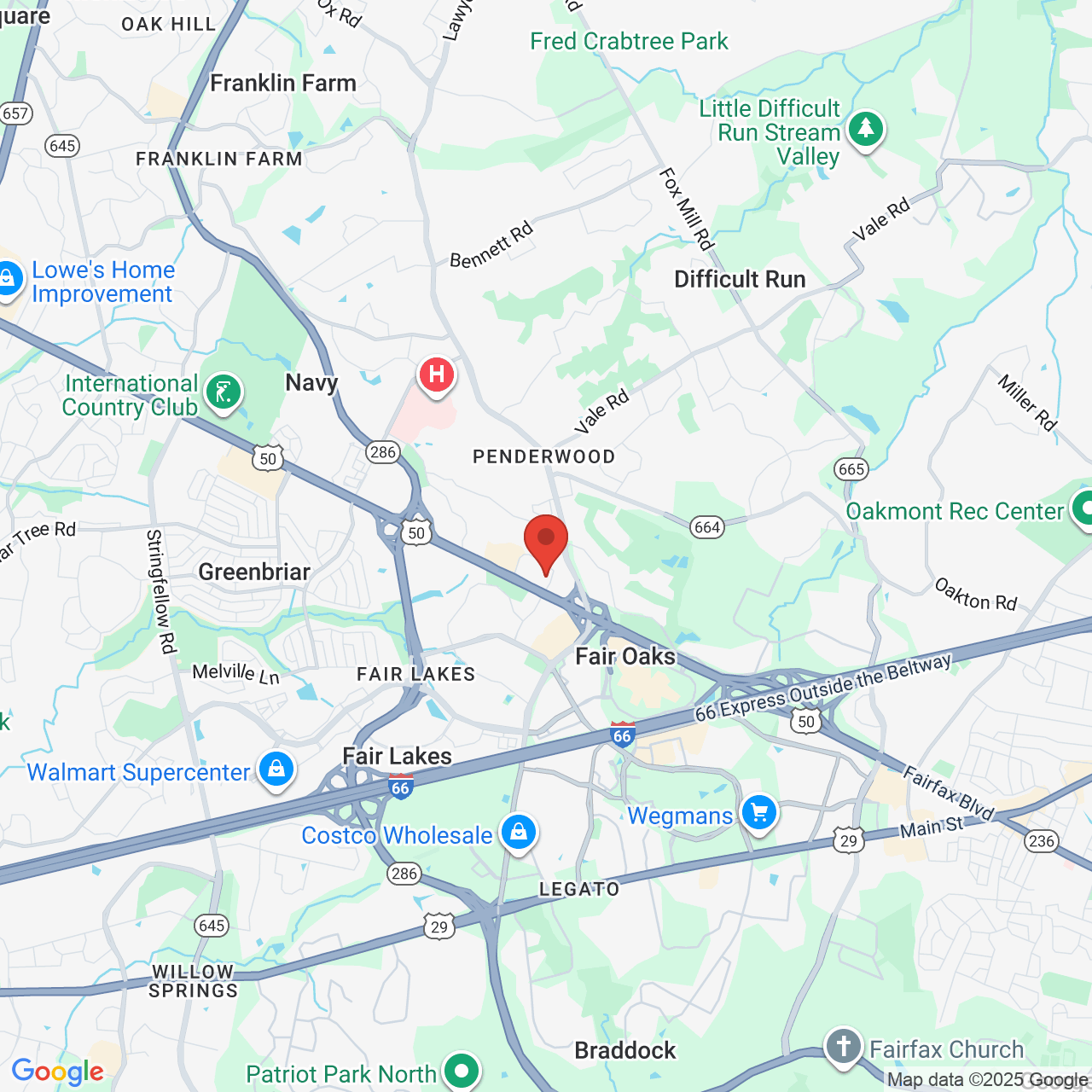Bruxism Teeth Grinding - Fairfax, VA
Teeth Grinding Can Cause A Variety Of Tooth And Jaw Issues
Why Is Bruxism Bad?
Bruxism refers to any type of forceful contact between the teeth. This can be a loud and grating contact or a silent and clenching contact. Either form can cause serious damage to the teeth. Bruxism Can Cause:
- Tooth Fracture
- Loosening of Teeth
- Loss of a Tooth or Teeth
- Teeth Wear
- TMJ
Bruxism/Teeth Grinding in Fairfax, VA
Bruxism is the dental term for the habit of teeth grinding. Many people grind their teeth from time to time with little to no damage to the teeth or jaw. However, those who continually grind their teeth can cause serious damage to their teeth and other oral health complications can arise. Bruxism refers to any type of forceful contact between the teeth. This can be a loud and grating contact or a silent and clenching contact. Either form can cause serious damage to the teeth. Many are not aware that they have this condition because they exhibit a teeth grinding habit only in their sleep. However, bruxism can occur during waking hours as well. Adults and children can both suffer from bruxism. Alcohol, drugs, and certain sleep disorders can exacerbate this condition, making it worse. Children usually develop bruxism as a result of a cold or infection. Often pain from teething or earaches will induce teeth grinding in toddlers and children.
Why do I grind my teeth?
The cause of bruxism is still unknown. Doctors for TMJ are working to find the causative agent. However, it is believed that increased stress and anxiety can greatly affect how often and how severely you grind your teeth. Having an abnormal bite or missing or crooked teeth are also thought to contribute to teeth grinding.
Why is bruxism bad?
Occasional bruxism may not result in damage to the teeth or jaw. However, chronic teeth grinding can cause serious dental issues. In some cases, grinding can result in tooth fracture, loosening of teeth, or the loss of teeth. Grinding over years without treatment can wear the teeth down to stumps, exposing the second layer of tooth structure which will require bridges, crowns, root canals, implants, or possibly even dentures to repair, if the teeth cannot be saved. Not only is bruxism bad for your teeth, it is also damaging to the jaw. Teeth grinding can result in hearing loss, change the appearance of your face, TMD (temporomandibular disorder), chronic pain, headaches, and sore muscles. A doctor for TMJ can determine if your grinding habits are causing TMD.
What can I do to stop grinding my teeth?
Being fitted for an occlusal or night guard by a doctor for TMJ will help to protect your teeth from the effects of grinding while you sleep. However, in order to cease teeth grinding completely, it is important to treat the triggers for why you grind your teeth. If stress is causing your bruxism, ask your doctor or doctor for TMJ about stress reduction techniques and options. Exercise, stress counseling, or prescription muscle relaxers may help reduce how often or severely you grind your teeth.
Other tips to help reduce teeth grinding include:
•Cut back or eliminate foods that contain caffeine from your diet. This includes coffee, soda, tea, and chocolate.
• Avoid alcohol. Alcohol tends to increase the severity and frequency of bruxism.
• Avoid parafunctional habits, meaning do not chew on anything that is not food. This includes gum, pencils, or pens. Constantly chewing conditions your jaw muscles to stay clenched and makes you more likely to grind your teeth.
• Pay attention to your mouth. If you notice that you grind or clench your teeth during the day, train yourself to relax. Position the tip of your tongue between your front teeth to make it harder to clench or grind your teeth.
• Relax your jaw before bed. Using a warm washcloth on the face at night will help relax the jaw prior to sleep. Position it on your cheek in front of your earlobe to get maximum results.
Contact us today!
Bruxism can have significant effects on your teeth, TMJ, and overall quality of life. If you think that you may have a habit of teeth grinding, contact your doctor for TMJ today for a consultation. Dr. Withers is a Periodontist in Fairfax, VA. Dr. Withers and his team are here to serve you and meet your dental needs as comfortably as possible. It is our goal to make your experience in our Fairfax VA Dental office a pleasant visit and restore your dental health quickly and professionally.








